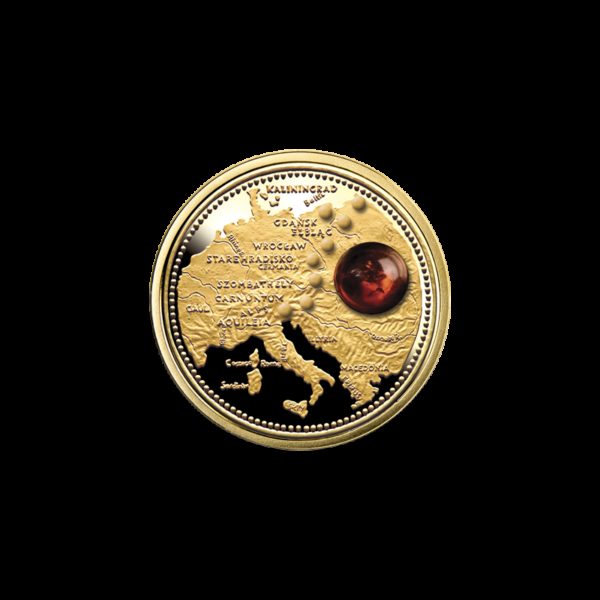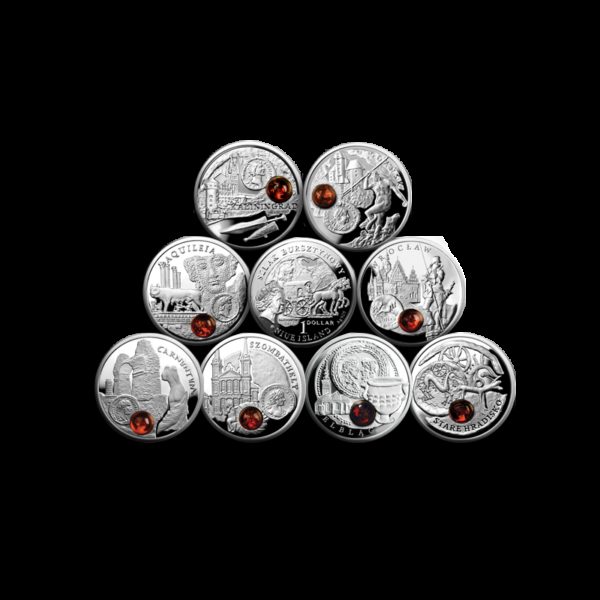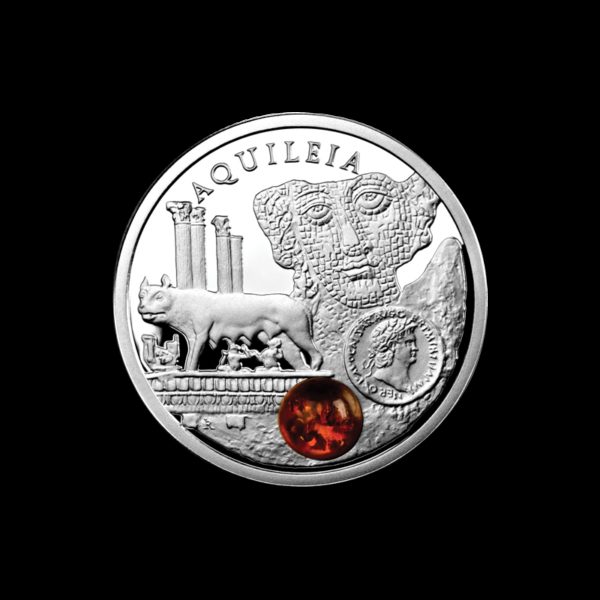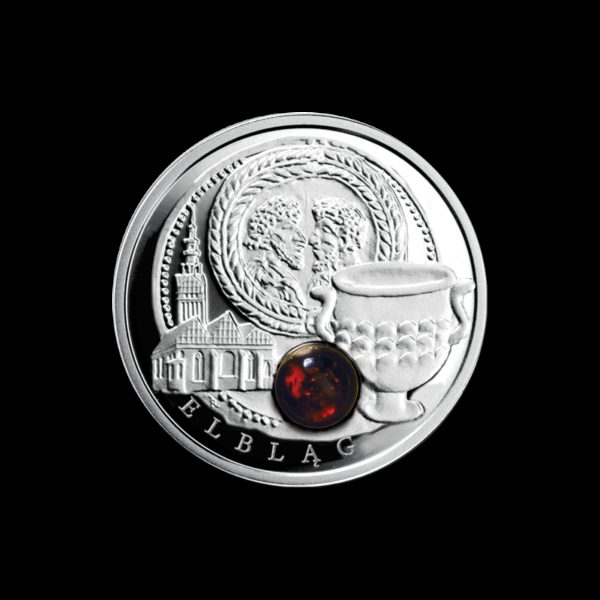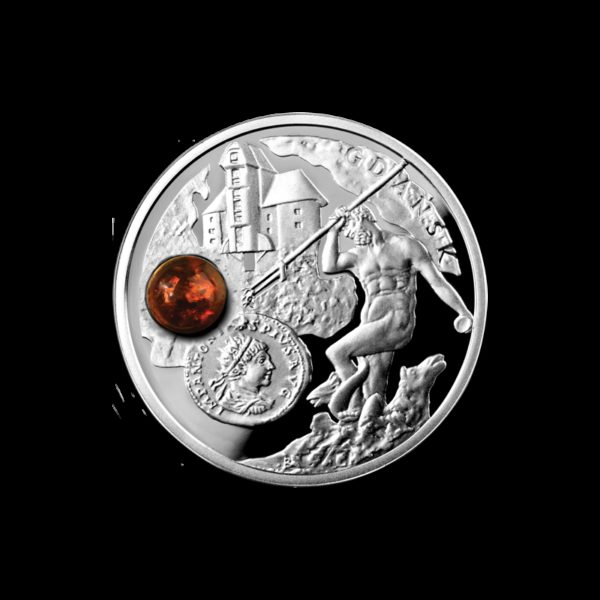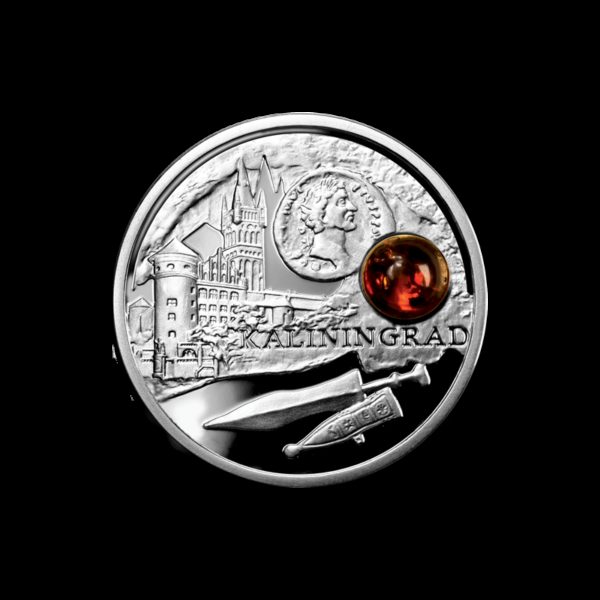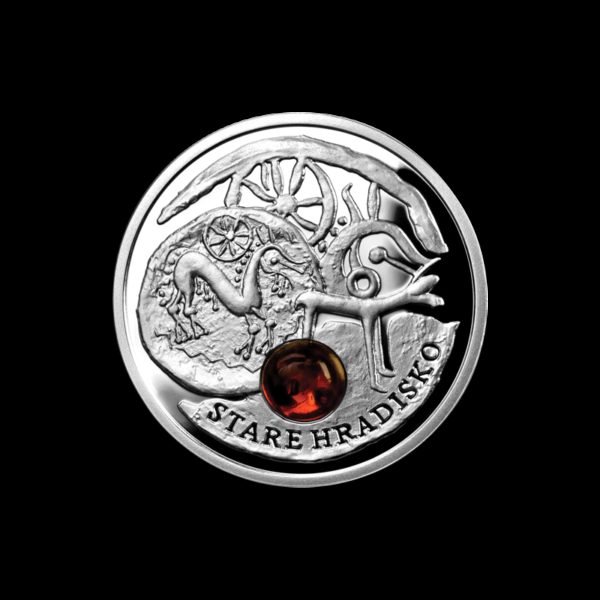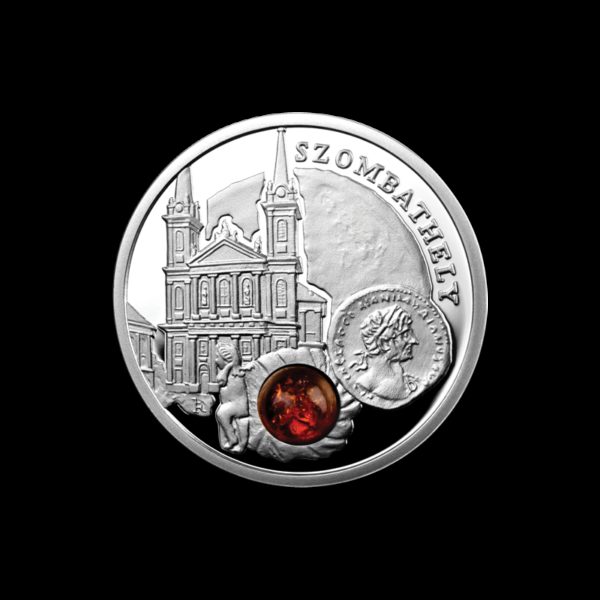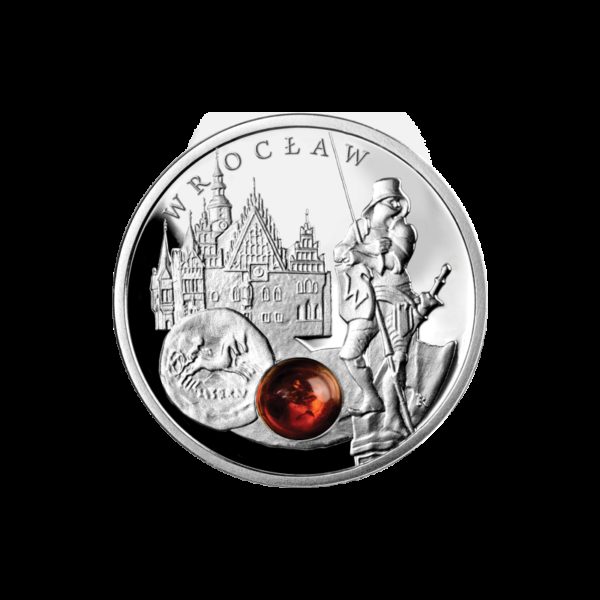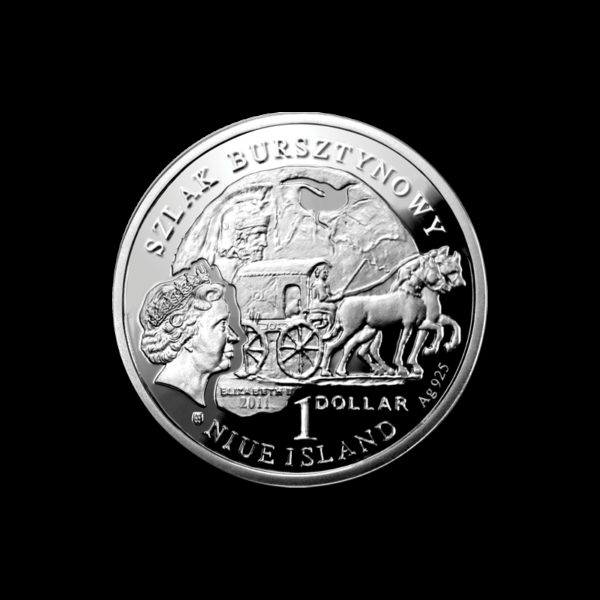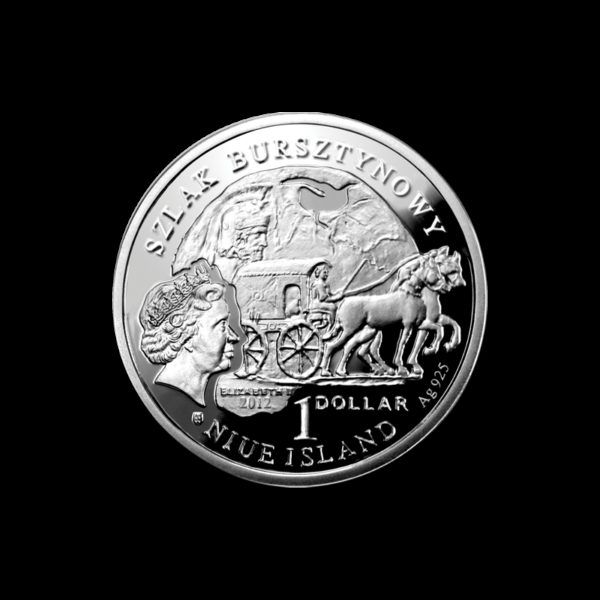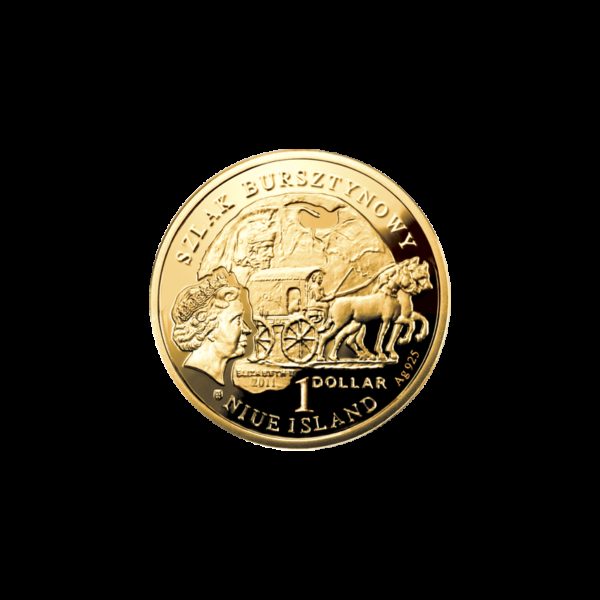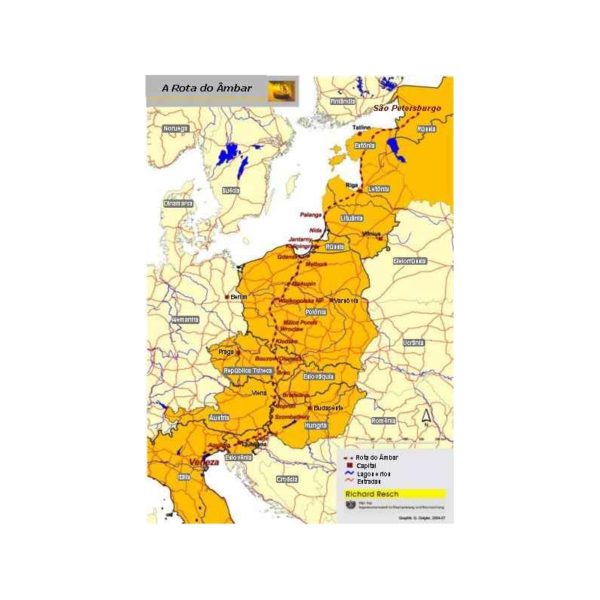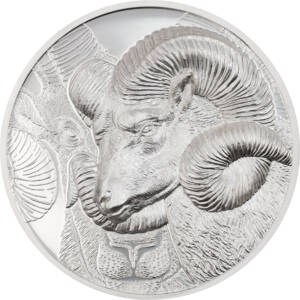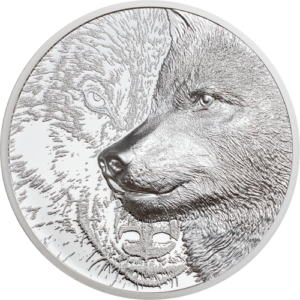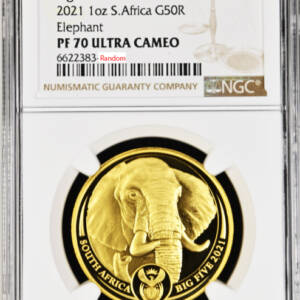
.
Mintage of sets only 12,000!
This beautiful coin series that pays tribute to the main cities which lay along the ancient route of commercial contacts. The route connected the European states at the Mediterranean Sea and the lands on the southern shore of the Baltic Sea. The route was named after the major object of the traveler’s desire which was amber.
Special features:.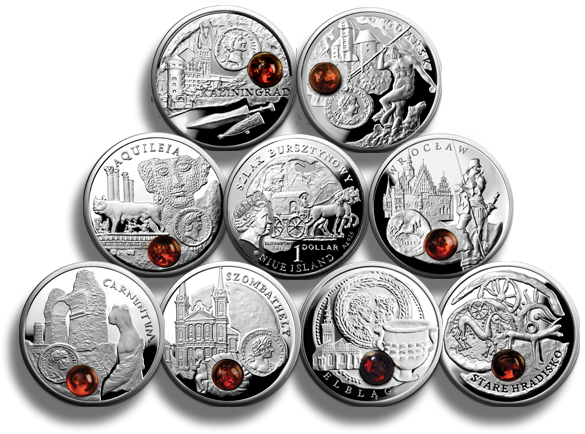
…
-
Niue Island has issued a full 16,8 grams and silver 925/1000
-
Diameter 38,61 mm and beautifully designed coin is made of 925/1000 silver
-
Reverse design to highlight the celebrated beauty of the real Amber, each ambers is
different. Also in reversve we can find town name from Amber Route: Kaliningrad, Gdańsk, Elbląg, Wrocław, Stare Hradisko, Szombathely, Carnuntum, Aquileia -
Mintage is only 12,000 sets and highly desirable subject matter mean that this coin is sure to be sought after by collectors.
-
Coin comes in a beautiful box for nine coins and individually certyficate for each coin
-
Strict limited mintage of only 12,000 sets worldwide
-
Obverse: On the obverse is an image of a cart which ambers were carried by the Romans from Baltic Sea to Italy. Behind the cart on the left is an image of a head of the Roman. The background has an image of a map with the Baltic Sea outlined. There is also an effigy of Her Majesty Queen Elizabeth II, the legal tender value of 1$ and year of emission.
In the series of Amber Route you can find:
.
![]() Kaliningrad (Königsburg), Russia
Kaliningrad (Königsburg), Russia
![]() Gdansk (Danzig), Poland
Gdansk (Danzig), Poland
![]() Elblag (Elbing), Poland
Elblag (Elbing), Poland
![]() Wroclaw (Breslau), Poland
Wroclaw (Breslau), Poland
![]() Stare Hradisko, Czech Republic
Stare Hradisko, Czech Republic
![]() Szombathely, Hungary
Szombathely, Hungary
![]() Roman Carnuntum, Austria
Roman Carnuntum, Austria
![]() Aquileia, Italy
Aquileia, Italy
History:
The Amber Route
Forty, fifty or some many other million years more ago, long before man existed to make the Amber Road, resin dripped down the trunks of prehistoric pine trees. Insects, plant seeds, little frogs, even small lizards got trapped in the tacky surface of what the ancient Greeks called the “tears of gods”. Caught and covered by the resin that hardened with time they were preserved to be seen today in the “gold of the sea.”
The waves of the Baltic Sea have thrown this “gold” of the sea ashore since days of old. And as long a memory exists, man carried this gold south along routes that became known as the Amber Road.
Like the Silk Road in Asia the Amber Road connected different cultures and nations between the Baltic and the Adriatic Sea. It was really a series of roads and waterways that for centuries led from Europe to Asia and vice versa, and from northern Europe to the Mediterranean.
A vital component of ornamental objects, amber was transported overland on rivers from the North Sea and Baltic Sea coasts to Italy, Greece, Black Sea and Egypt long before the birth of Christ and long after. The Egyptian pharaoh Tutankhamun had Baltic amber among his burial goods, and amber was sent from the North Sea to the temple of Apollo at Delphi as an offering. From the Black Sea, trade could continue to Asia along the Silk Road, another ancient trade route.
The amber road went different directions, depending upon whom was in power.
In 225 BCE, the Romans inflicted their first major defeat upon the Celts, who at this time occupied the entire Po valley. Whatever amber managed to get into Italy came by way of the sea, or as trade through the Celts. During the first millennium BCE, Rome was beginning to push the Celts back into upper Germany. However, the amber source, the Baltic Sea, still remained out of Rome’s direct control. By now routes were open to the Danube valley, and an overland amber route established. This went from the head of the Adriatic Sea around the east flank of the Alps and through Austria and Poland to the Baltic.
As demand for amber grew, Rome became more interested in cutting out the middlemen and dealing direct with the source, where-ever that was. Emperor Nero sent a small exploration party up the amber trail with orders to seek out the source. When the soldiers returned, they carried with them a huge load of amber, and the news that the source was so far away that Rome could never protect those sent to take it. Over half the route was through the lands of their ancient enemy, the Celts. While at the moment they were peaceful, they could not be trusted, especially if Rome was to take away such a lucrative source of income. If Rome could not control the source, they could at least make the distance as short as possible and cut the price of amber down a bit. With this in mind, Emperor Claudius set out to pave a road across the Alps.





